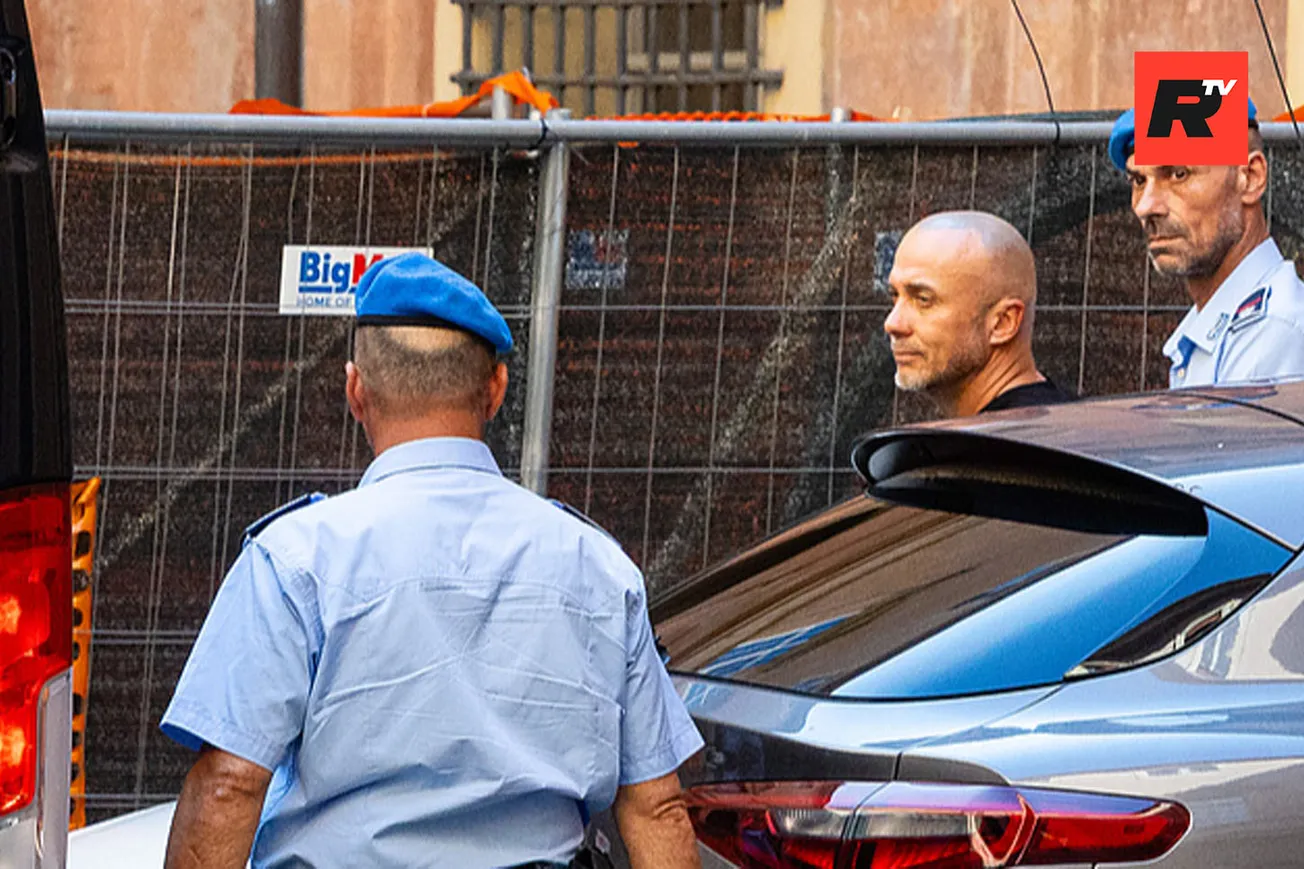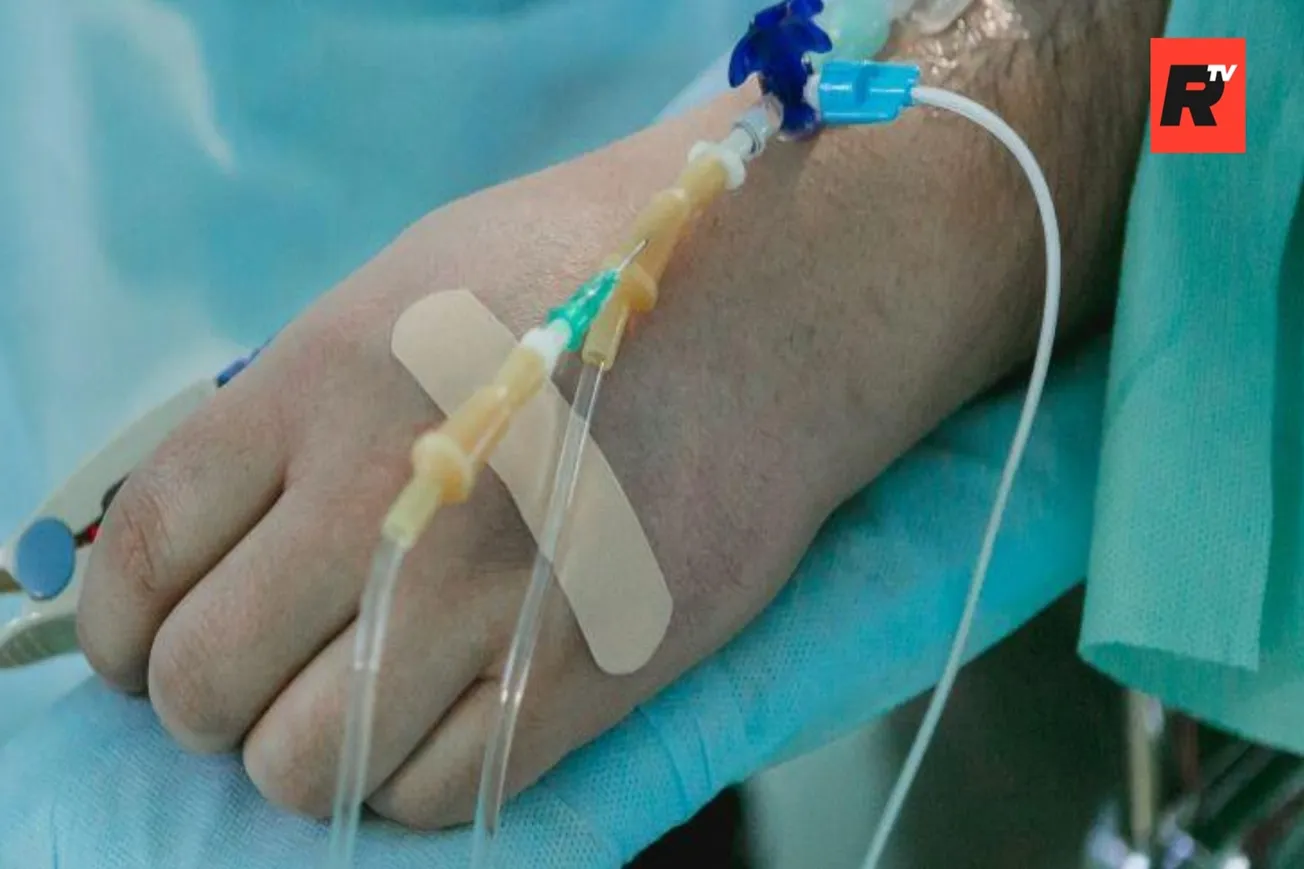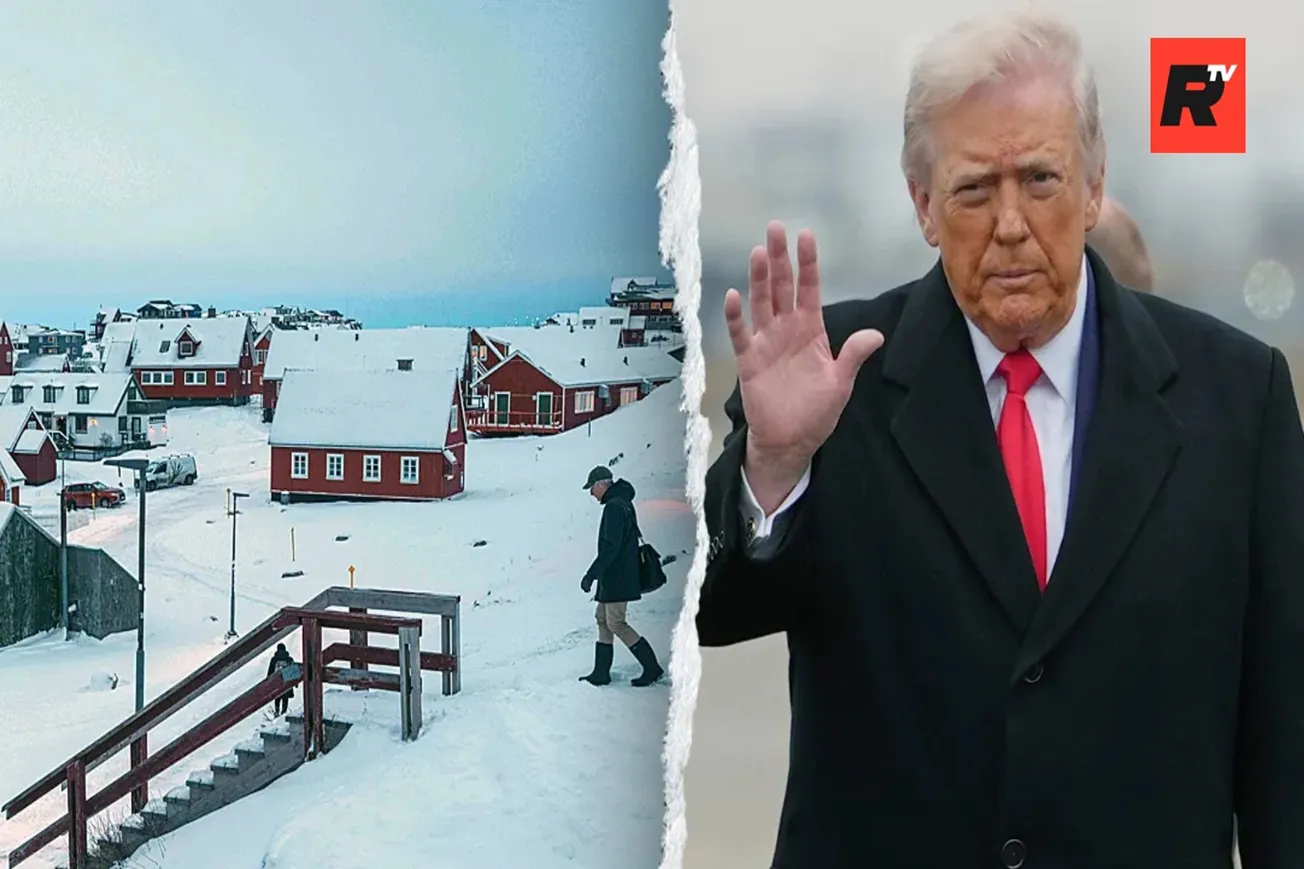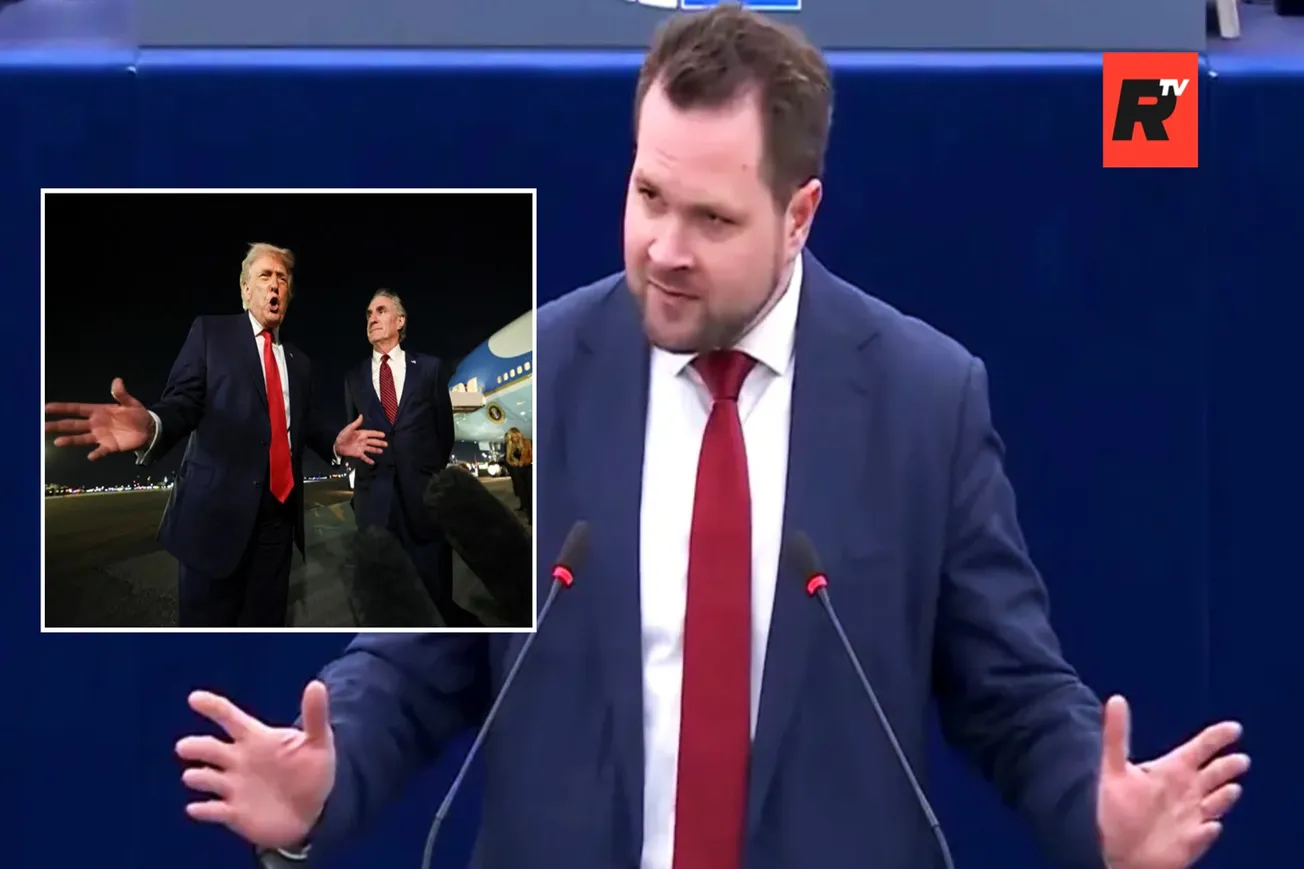Table of Contents
Nearly three years after the mysterious explosions that crippled the Nord Stream pipelines in the Baltic Sea, a significant development has emerged: Italian authorities have arrested a Ukrainian man suspected of coordinating this audacious act of sabotage.
The incident not only disrupted Europe’s energy landscape but also deepened tensions in the Russia-Ukraine war, raising questions about who pulls the levers in this high-stakes geopolitical chess game.

Italian police arrested a 49-year-old Ukrainian man, identified as Serhii K., Serhiy K., or Sergey K. across reports, on August 21 in San Clemente, near Rimini on Italy’s Adriatic coast.
The arrest, executed by Carabinieri investigative units at La Pescaccia, a three-star bungalow hotel, followed a European arrest warrant issued by German prosecutors on August 19.
Serhii, vacationing with his wife and two children, offered no resistance.
Authorities questioned hotel staff but found no additional evidence or weapons.
Serhii entered Italy on August 18, driving a car with Ukrainian license plates from Poland, where at least one family member held a travel ticket.
Checking into the hotel with his real passport triggered a police server alert.
Authorities detained him at Rimini police station before transferring him to a Bologna prison on August 22.
German prosecutors charge Serhii with collusion to cause an explosion, anti-constitutional sabotage, and destruction of structures, alleging he coordinated the September 26, 2022, sabotage of the Nord Stream 1 and 2 pipelines near Denmark’s Bornholm island.
Operating from the yacht Andromeda, chartered from a German company in Rostock using forged identity papers through intermediaries, Serhii allegedly led a team including two divers, two assistants, a captain, and a medic.
German investigators found traces of undersea explosives on the yacht in 2023.
Germany’s Justice Minister Stefanie Hubig called the arrest an "impressive success" and urged full resolution, stating, "The case must be fully resolved, including under criminal law."
Sources indicate Serhii previously served in Ukraine’s Secret Service and Army special forces, though his status during the attack remains unclear.
Ukraine denies involvement in the sabotage, which damaged three of four pipeline strings, escalating Europe’s energy crisis and the Russia-Ukraine conflict.
A 2023 leaked U.S. intelligence report suggested a pro-Ukraine group’s responsibility, but no group claimed credit.
Deputy Bologna Prosecutor Licia Scagliarini approved Germany’s extradition request.
Serhii, however, told the Bologna appeal court, "I don’t consent to being handed over to Germany," asserting, "I was in Ukraine during the Nord Stream sabotage."
"I am currently in Italy for family reasons," he added.
Exiting the court, he made a Ukrainian nationalist “trident” gesture.
No publicly available photo of Serhii K. has been published in widely circulated reports. German privacy laws limit the release of personal details, identifying him only as Serhii K., Serhiy K., or Sergey K., and Italian authorities have not released images from his arrest at La Pescaccia hotel in San Clemente, near Rimini, or his court appearance in Bologna.
The court will rule on extradition September 3, 2025, with Serhii detained until then. Extradition would lead to a German Federal Court appearance.
The Nord Stream pipelines, majority-owned by Russia’s Gazprom, carried natural gas to Germany.

Pressurized with 150 - 300 million cubic meters of gas at the time, neither pipeline operated: Germany suspended Nord Stream 2’s certification on February 22, 2022, after Russia recognized Donetsk and Luhansk People’s Republics, and Gazprom halted Nord Stream 1 on August 31, 2022, citing maintenance.
Constructed with 27–41-millimeter-thick steel and concrete coating, the pipelines lie 80–110 meters deep.
The explosions, in international waters within Denmark and Sweden’s economic zones, released massive methane volumes, marking a significant environmental disaster impacting local wildlife.
Denmark and Sweden closed their investigations in February 2024 without identifying perpetrators, leaving Germany’s probe ongoing.
Russia, labeling the incident international terrorism, sought a UN Security Council investigation, rejected with three votes of fifteen.
Early speculation pointed to Russia or the U.S., with Moscow citing Washington’s criticism.

Former President Donald Trump in 2019 called Nord Stream 2 a Russian "hostage" tool, imposing sanctions.
Joe Biden, on February 7, 2022, stated, "If Russia invades…there will be no longer a Nord Stream 2. We will bring an end to it," adding, "I promise you, we will be able to do it."
The U.S., Russia, and Ukraine deny involvement.
Genoa’s Prosecutor’s Office requested Bologna share Serhii’s information to investigate links to the February 2025 sinking of the Russian tanker Seajewel off Savona.
Separately, Davit Vadatchkoria, captain of the tanker Eagle S, which damaged Baltic Sea cables in 2024, told Finland’s YLE, "We are innocent. It’s only a maritime accident."
Vadatchkoria and two officers face charges in Helsinki starting August 26, 2025.
Last year, another Ukrainian suspect fled Poland to Ukraine in a diplomatic-plated vehicle after an alleged tip-off, per Der Spiegel.
Serhii's arrest marks a pivotal moment in unraveling the Nord Stream mystery, a case intertwining energy security, environmental impact, and geopolitical fault lines.
Confirmation of Serhii’s role could strain Ukraine’s ties with European allies, particularly Germany, while raising questions about covert operations in hybrid warfare.
The September 3 hearing looms as a critical juncture, with potential to reshape narratives around the Russia-Ukraine conflict.








